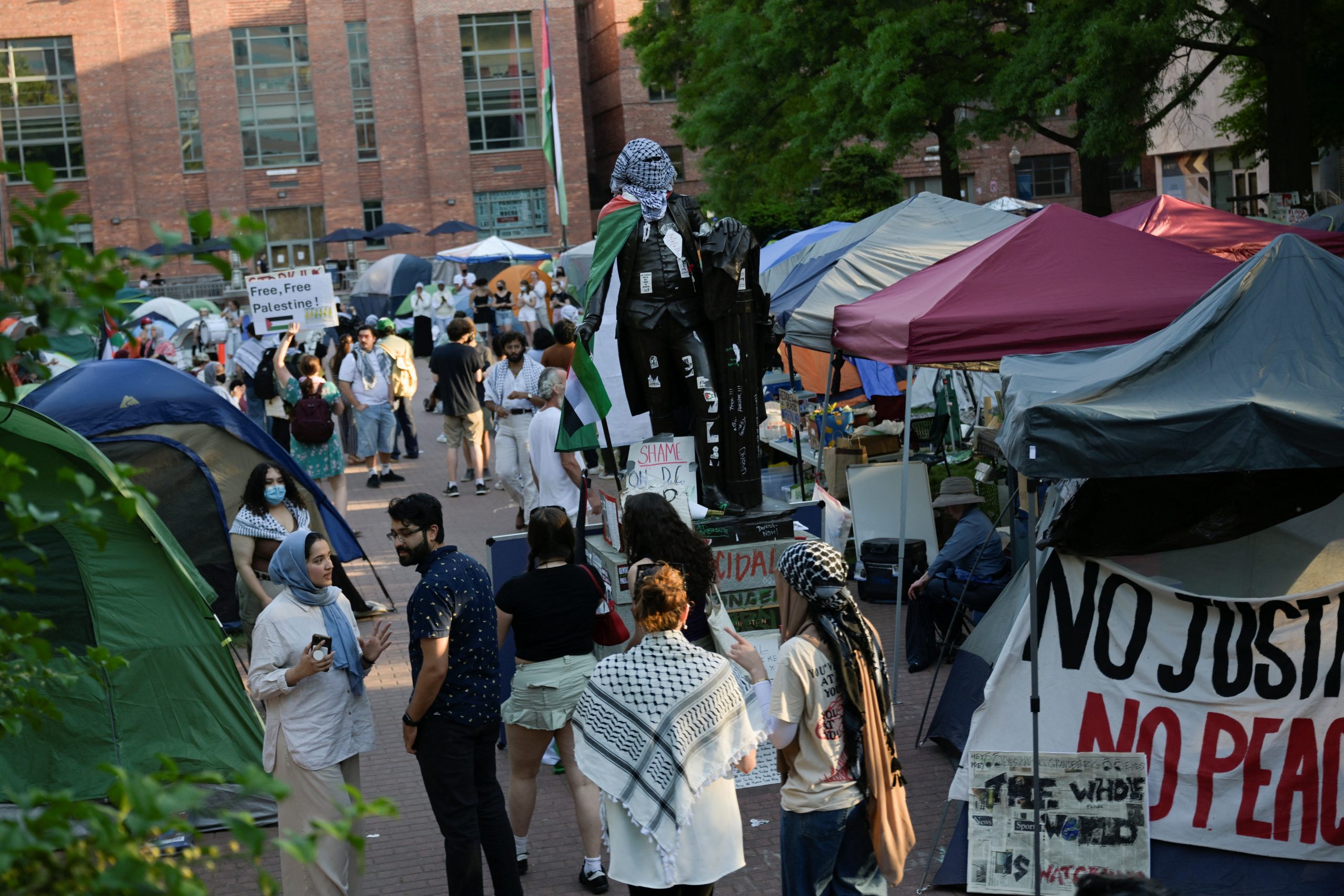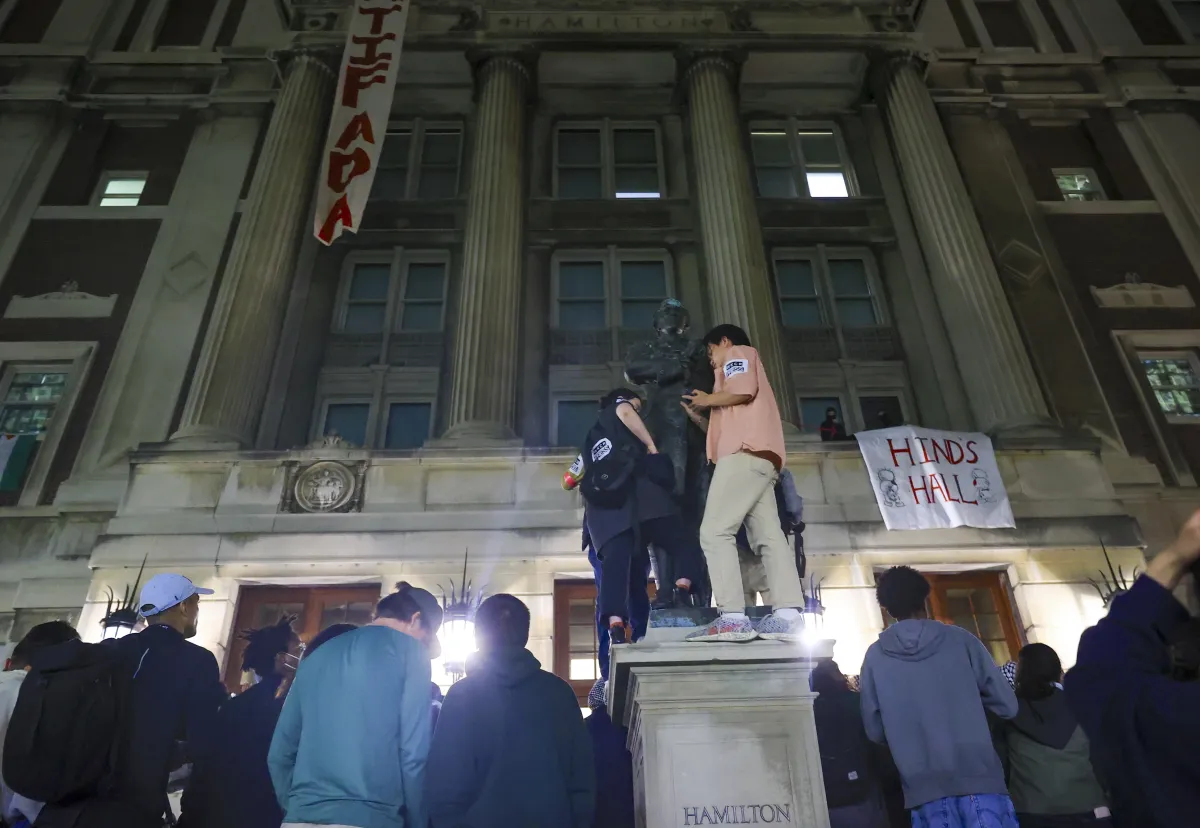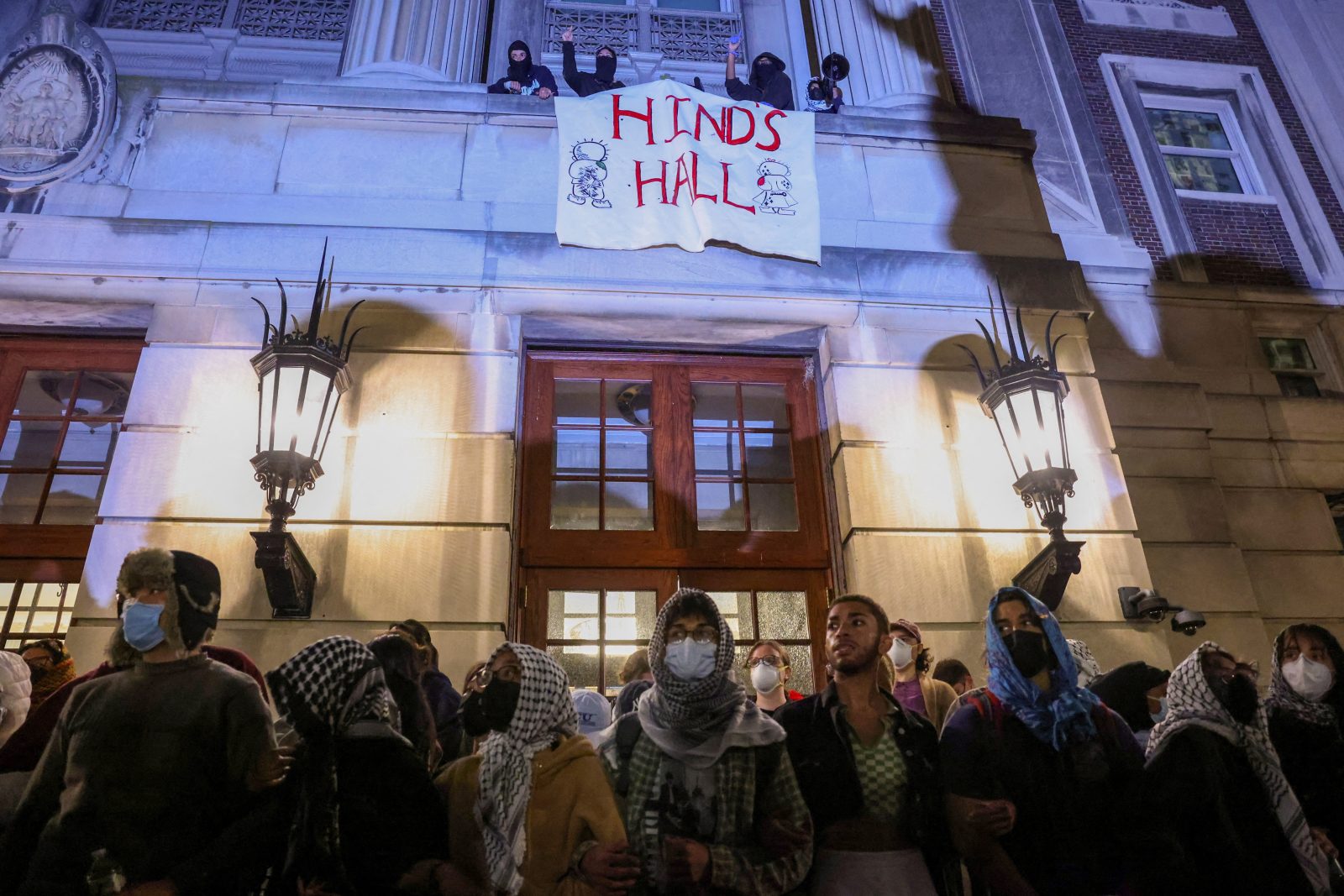As the academic year draws to a close, universities across the United States are facing unexpected disruptions to their graduation ceremonies due to a surge in anti-war protests sparked by the conflict in Gaza.
What are typically joyous occasions celebrating academic achievement have taken on a different tone this year, as campuses grapple with the impact of pro-Palestinian demonstrations and subsequent police interventions.
At the University of Michigan and the University of Illinois, staff volunteers are undergoing special training to handle potential disruptions, a departure from their usual responsibilities of assisting guests during graduation ceremonies.
Similarly, universities like the University of Southern California and Cal Poly Humboldt have had to relocate or cancel key events in response to escalating tensions.
How Universities Grapple with Anti-War Demonstrations and Security Concerns Amidst Commencement Celebrations

The protests, which have spread to numerous campuses across the country, are a response to Israel’s offensive in Gaza following a Hamas attack. Students are calling on President Joe Biden to take stronger action to halt the violence and demanding that their universities divest from companies supporting Israel’s government.
While some university administrations have responded to the protests with heavy-handed tactics, including the deployment of riot police, others have opted for dialogue and negotiation.
At Columbia University, where tensions reached a boiling point with the clearing of a two-week-old encampment, President Nemat Minouche Shafik has acknowledged concerns about the upcoming commencement ceremony and pledged to provide more information soon.

Meanwhile, universities that have chosen to engage with protesters rather than suppress them have found some relief. The University of Minnesota recently reached an agreement with protesters to end their encampment in exchange for a commitment to discuss divestment and a promise not to take disciplinary action against them.
However, even efforts to mitigate disruptions have sparked controversy. At the University of Michigan, over 300 faculty, staff, and alumni have protested against training volunteers to manage disruptions during commencement, arguing that it stifles free speech.
Despite these concerns, universities are adamant about ensuring the safety and success of their graduation events while upholding the principles of free expression.

The disruptions have forced universities to reconsider their approach to security and dialogue with protesters, highlighting the complex intersection of academic freedom and public protest on college campuses.
As graduation season approaches, universities must undergo these challenges to uphold their commitment to both academic excellence and the principles of free speech and peaceful protest.







Leave a Reply